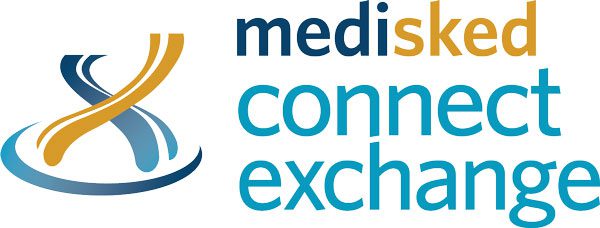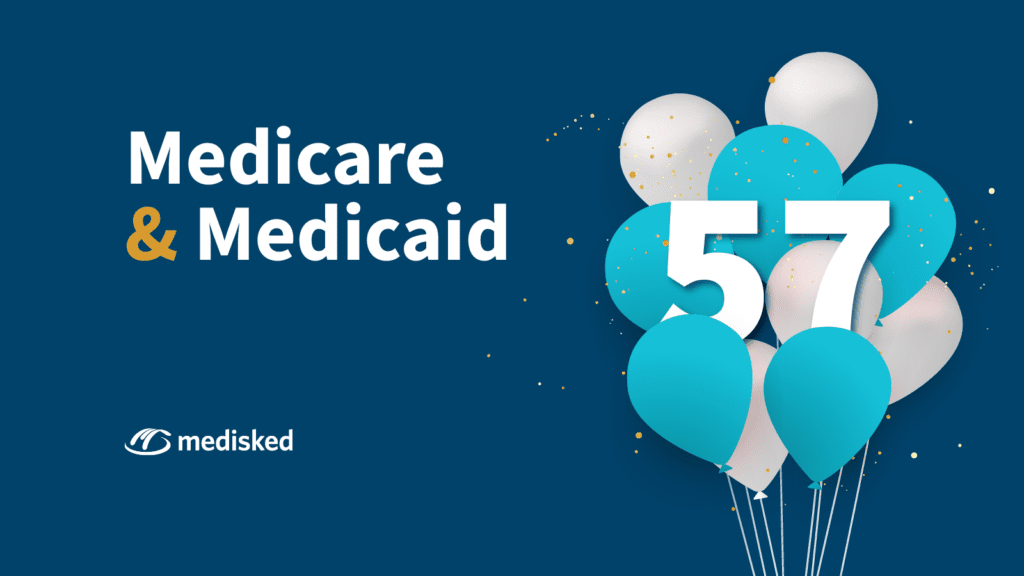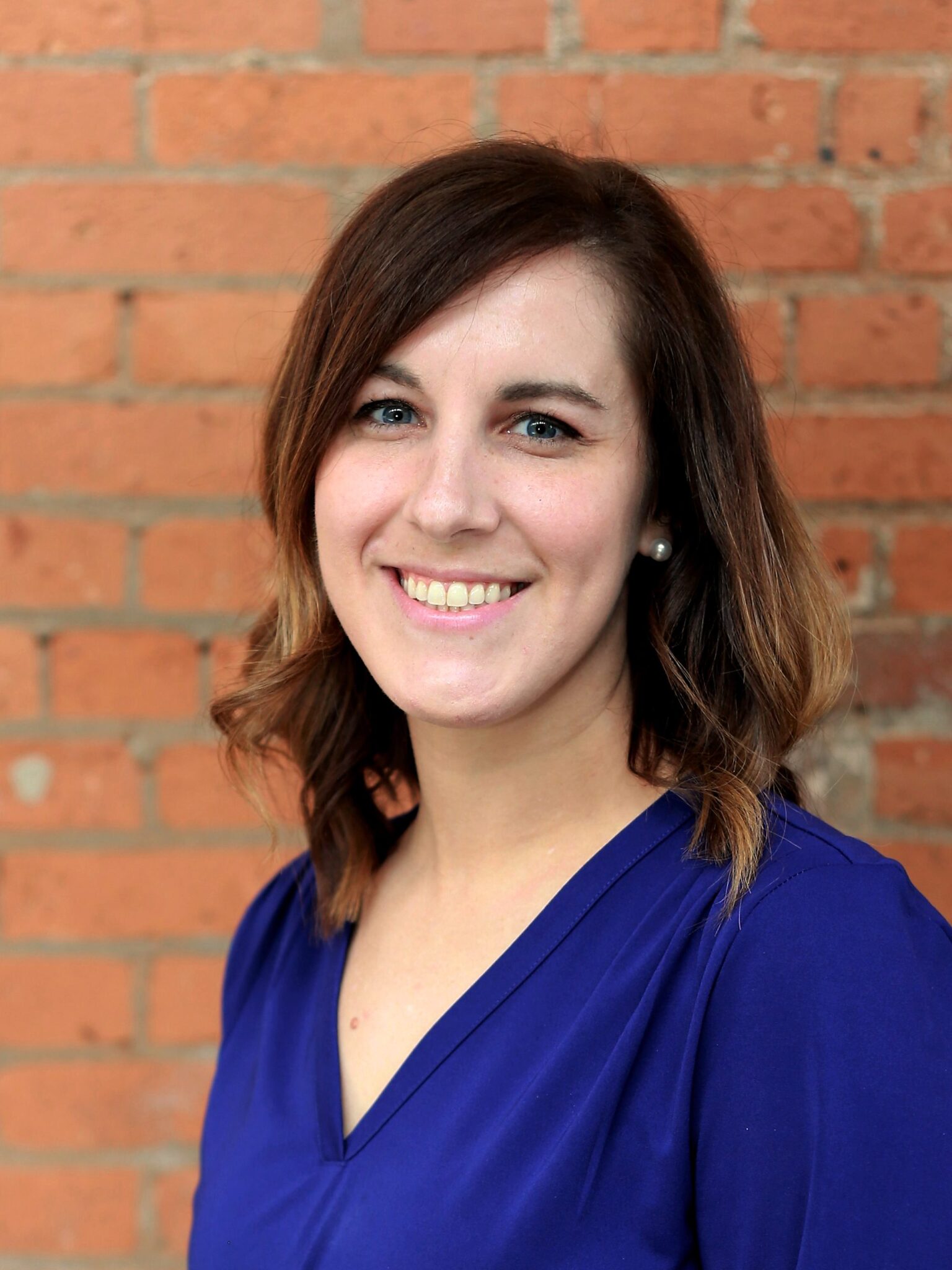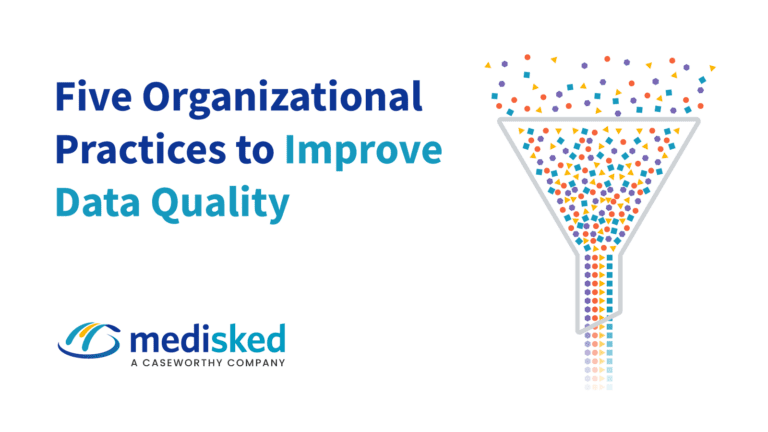On July 30, 1965, Medicare and Medicaid was signed into law by President Lyndon B. Johnson as a part of the Social Security Amendments of 1965. This legislation’s original purpose was to provide federal health insurance to the elderly and financially challenged families.
Medicare
The original Medicare program was composed of Parts A and B, hospital and medical insurance respectively. Over the years, Medicare has expanded to allow more people to become eligible. The expansion has included covering people with disabilities, people with end-stage renal disease (ESRD) requiring dialysis or kidney transplant, and people over the age of 65 that select Medicare coverage.
Multiple types of Medicare have been offered, including:
- Part C, Medicare Advantage, Medicare-approved private insurance that provide Parts A and B, prescription drug and supplemental benefits
- Part D coverage, including prescription drug coverage
Medicaid eligibility has also evolved over the years. In the early days of the program, it was exclusively for people receiving cash assistance. Those eligibility categories for Medicaid have also evolved over the years to include low-income families, pregnant women, people of all ages with disabilities, and those needing long-term care.
Covered Services within a State Medicaid Program are both mandatory and optional. While states have the flexibility in designing Medicaid programs to fit the needs of the state’s population, there are some mandatory services required by all states.
States must provide:
- Doctor visits
- Inpatient and outpatient hospital services
- Mental health services
- Prescription drugs
- Prenatal care and maternity care
- Preventive care like immunizations, mammograms, colonoscopies, and the Medicaid Early and Periodic Screening, Diagnostic and Treatment (EPSDT) benefit
They may also choose to offer:
- Dental services
- Home and community-based services (HCBS)
- Physical therapy
- Prosthetic devices
- Vision and eyeglasses
Medicaid
Medicaid differs from Medicare in that states are able to design their Medicaid programs to meet the needs of the people in their state which results in a wide variation of services offered.
When designing a Medicaid program, each state:
- Establishes eligibility standards;
- Decides type, amount, duration, and scope of services;
- And sets payment rates based on state-determined payment methodology.
As the old adage goes, “If you’ve seen one Medicaid program, you’ve seen one Medicaid program.”
Medicaid-covered Home and Community-Based Services (HCBS) focused on target populations such as people with brain injury, intellectual and developmental disabilities, mental illness, physical disabilities, and older Americans provide the supports needed to maintain a healthy, rewarding, and prosperous life while remaining in their community and avoiding moving to an institutional setting.
Example services may include:
- Adult day supports and habilitation
- Caregiver and client training
- Case management
- Congregate meal sites
- Durable medical equipment or assistive technology
- Financial services
- Health promotion and disease prevention
- Home health care
- Home repairs and modifications
- Home safety assessments
- Home-delivered meal programs
- Homemaker and chore services
- Hospice care
- Human Services support daily living
- Information and referral services
- Legal services, such as help preparing a will
- Personal care (dressing, bathing, toileting, eating, transferring to or from a bed or chair, etc.)
- Senior centers
- Telephone reassurance
- Transportation and access
Both Medicare and Medicaid are important programs that allow individuals who cannot or would not have private insurance to maintain coverage for lifesaving medical services.
From overarching governmental entities responsible for oversight of these programs to payers, care coordination agencies, and providers, MediSked is a proud technology partner focused on ensuring individuals receive services needed to maintain independence, dignity, and choice.
Cheers to 57 years!








